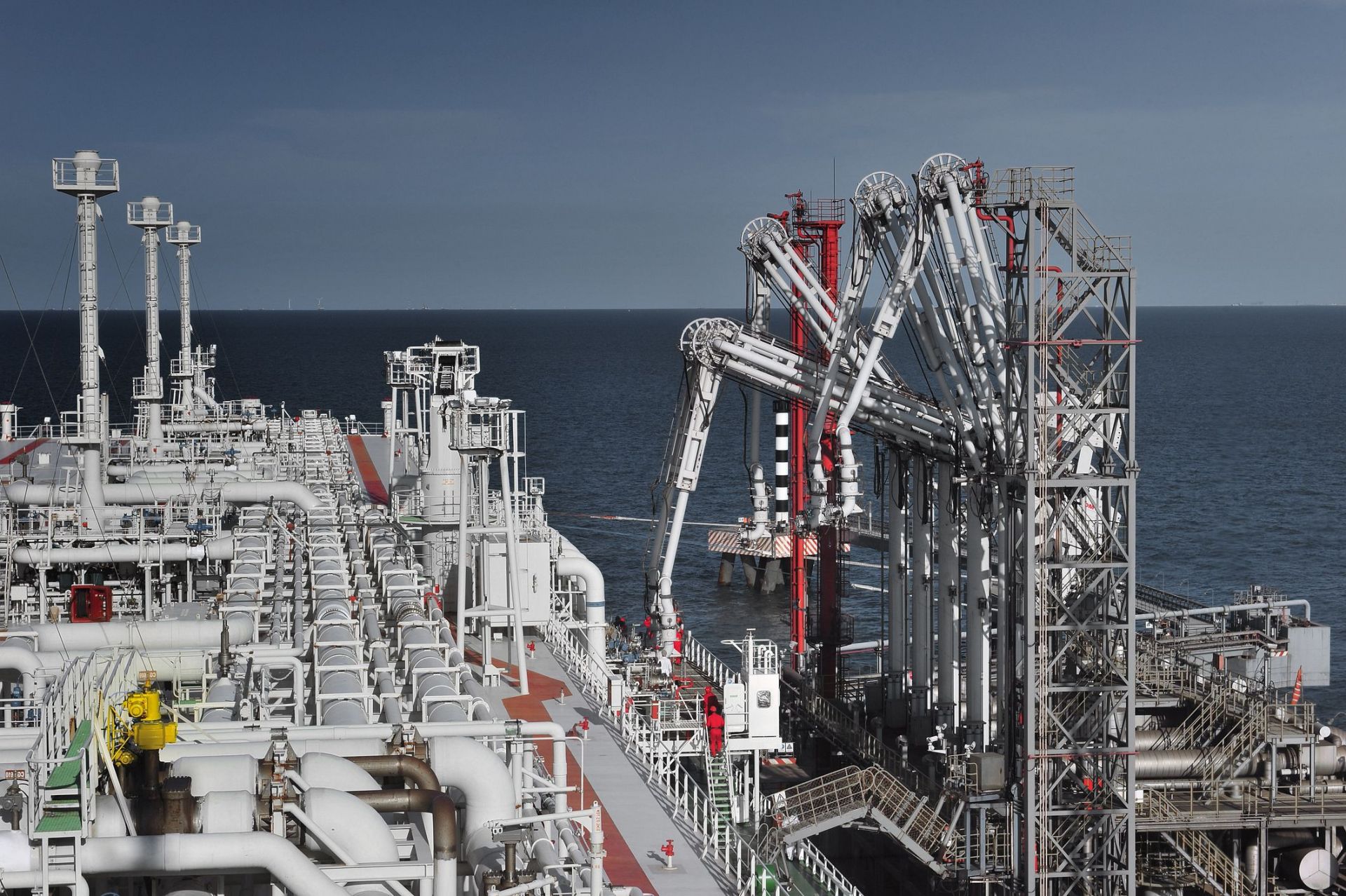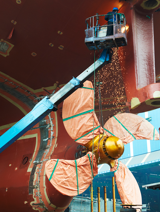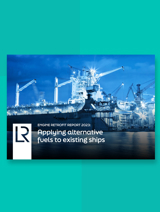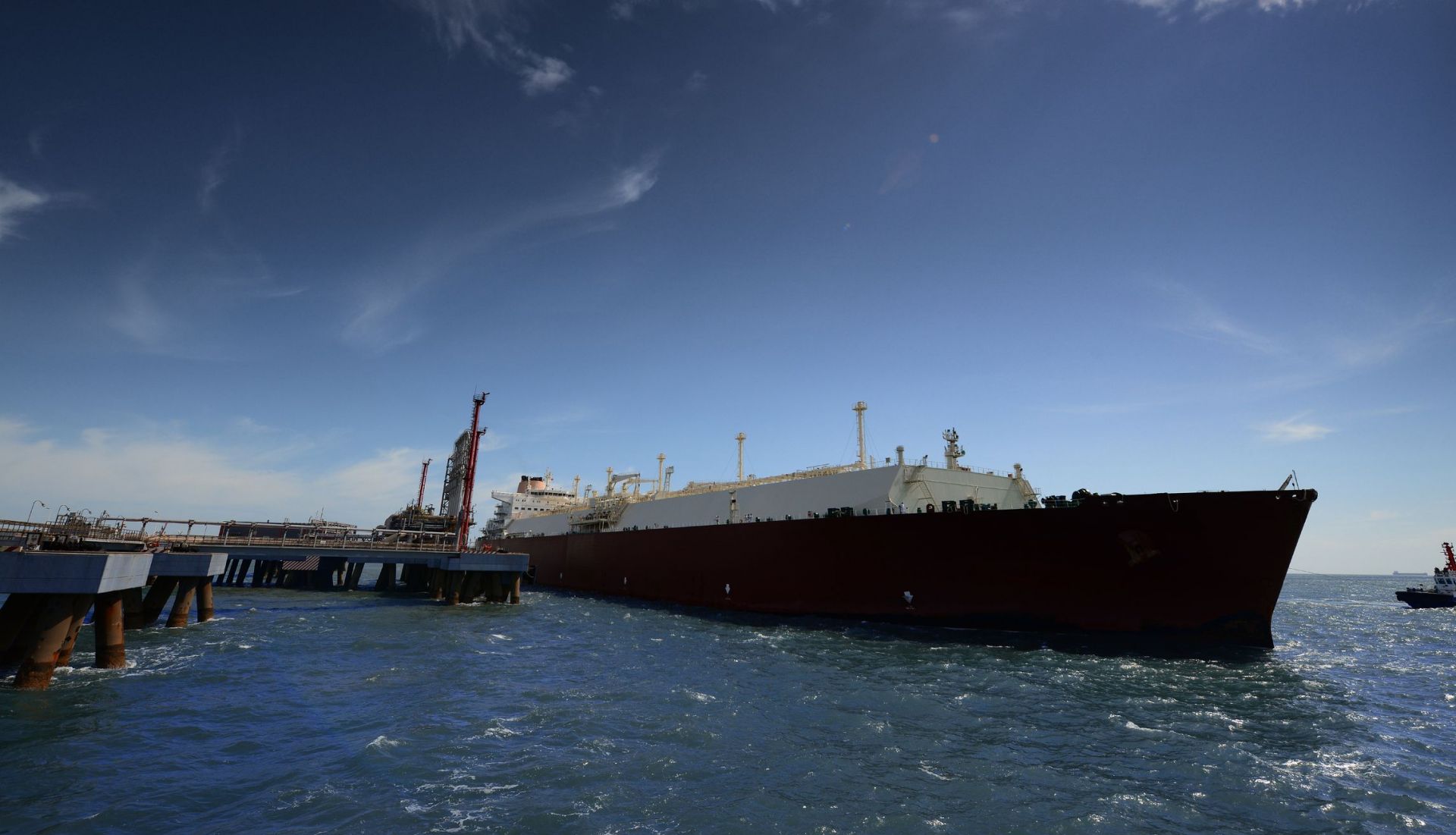Consensus on tackling climate change can shift quickly. For established industries like shipping, where action takes place through years of effort rather than at the stroke of a pen, this can be a challenge.
Right now, after a concerted move towards cleaner fuels, the consensus seems to be shifting on the use of one of them — LNG, or Liquified Natural Gas. Shipowners urgently need to get ahead of this conversation and understand how to ensure LNG remains a viable fuel of the future. Otherwise, they are risking their very survival in the long term.
Up until a few years ago, policymakers were championing LNG as the transition fuel of the future. It’s not a silver bullet — LNG is still a fossil fuel after all — but it has a lower carbon footprint than others, and is also commercially available for ships to actually use. Zero-emission fuels, such as hydrogen and ammonia, are still early in their development, so LNG was seen as a key fuel for shipping to successfully transition to a greener future.
Methane slip
But recently, new evidence has emerged that directly challenges LNG’s environmental credentials. Bodies including the International Council on Clean Transportation have highlighted the release of unburnt methane from ships’ engines when using LNG, which has a significant warming effect on the atmosphere.
This methane slip is often a silent problem. It’s easy to go unnoticed as detection methods have not kept pace with LNG adoption. Although comparatively quick to disperse, methane is some 40 times more warming than CO2 for our climate, meaning that methane slip is directly undermining the role LNG holds.
The industry needs to rapidly find a solution for several reasons. Mitigating the environmental impact of excess methane being released into the atmosphere is vital. But there are also practicalities to consider. Shipping, ports, and many other stakeholders in the global maritime space have invested heavily in LNG, often with the direct encouragement or direction of policymakers like the European Commission.
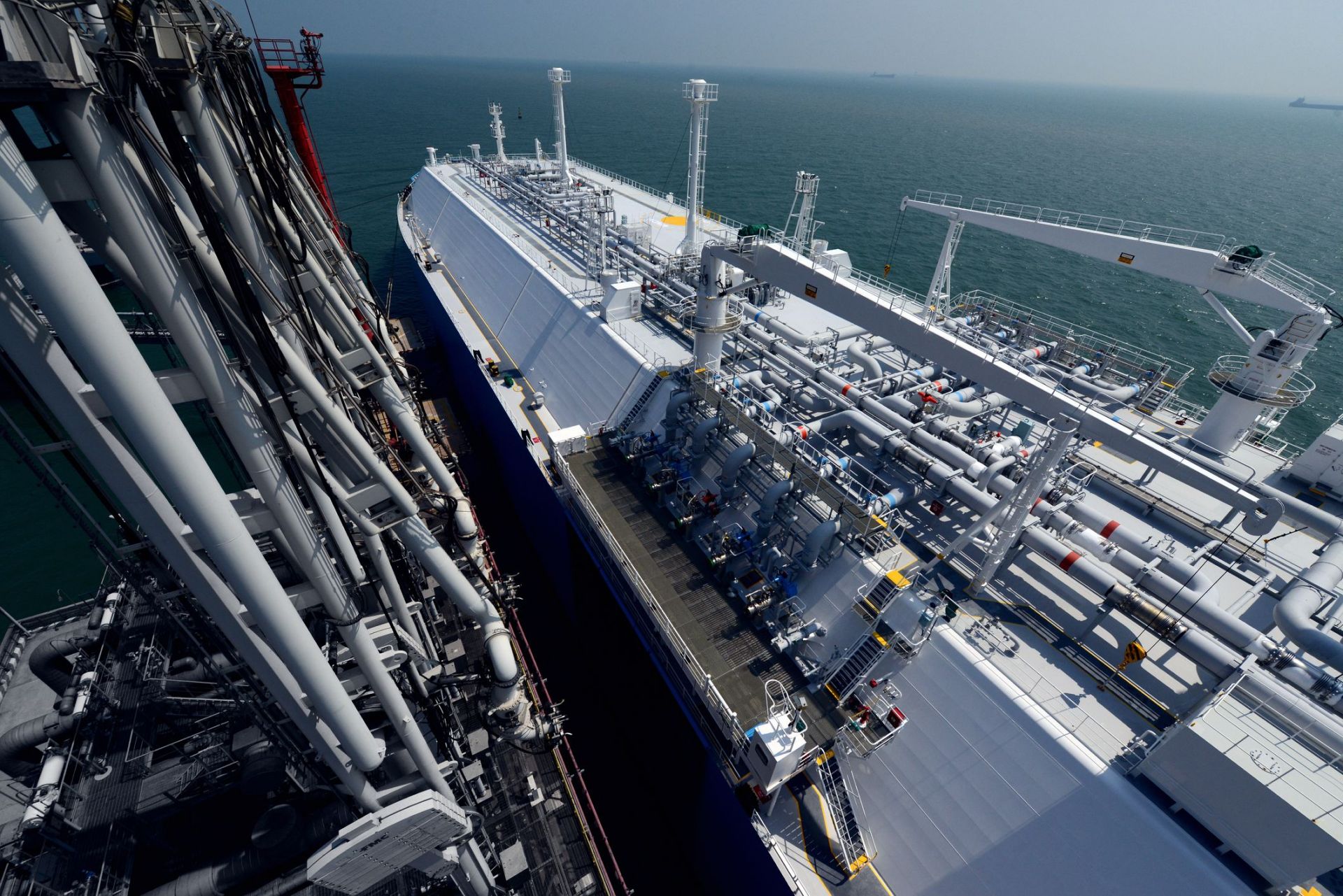
LNG goes mainstream
With legislation on its side, the LNG pathway is one that shipping is already firmly committed to — indeed, by 2025 it’s likely that the majority of new ships being built will be powered by LNG. In an ideal world, we could simply transition to green fuels. But this simply isn’t possible right now.
Zero-emission fuels require significant further research and development to get them to be commercially available at scale. Europe’s current energy shock caused by a reduced supply of oil and gas is evidence enough that green renewable energy is not an imminent reality.
It should go without saying that we cannot rely on more carbon-intensive fuels in the long-term either, whatever the needs of the present. Instead, we need to swiftly and dramatically improve the way we detect and abate methane emissions from LNG.
The technology, such as high-pressure two-stroke engines, refined electronic detection controls, and oxidation catalysts, already exists, just not at the scale our global industry requires. Stakeholders need to come together to test and validate these different methods, present them to the wider industry, and provide a pathway for adoption at scale.
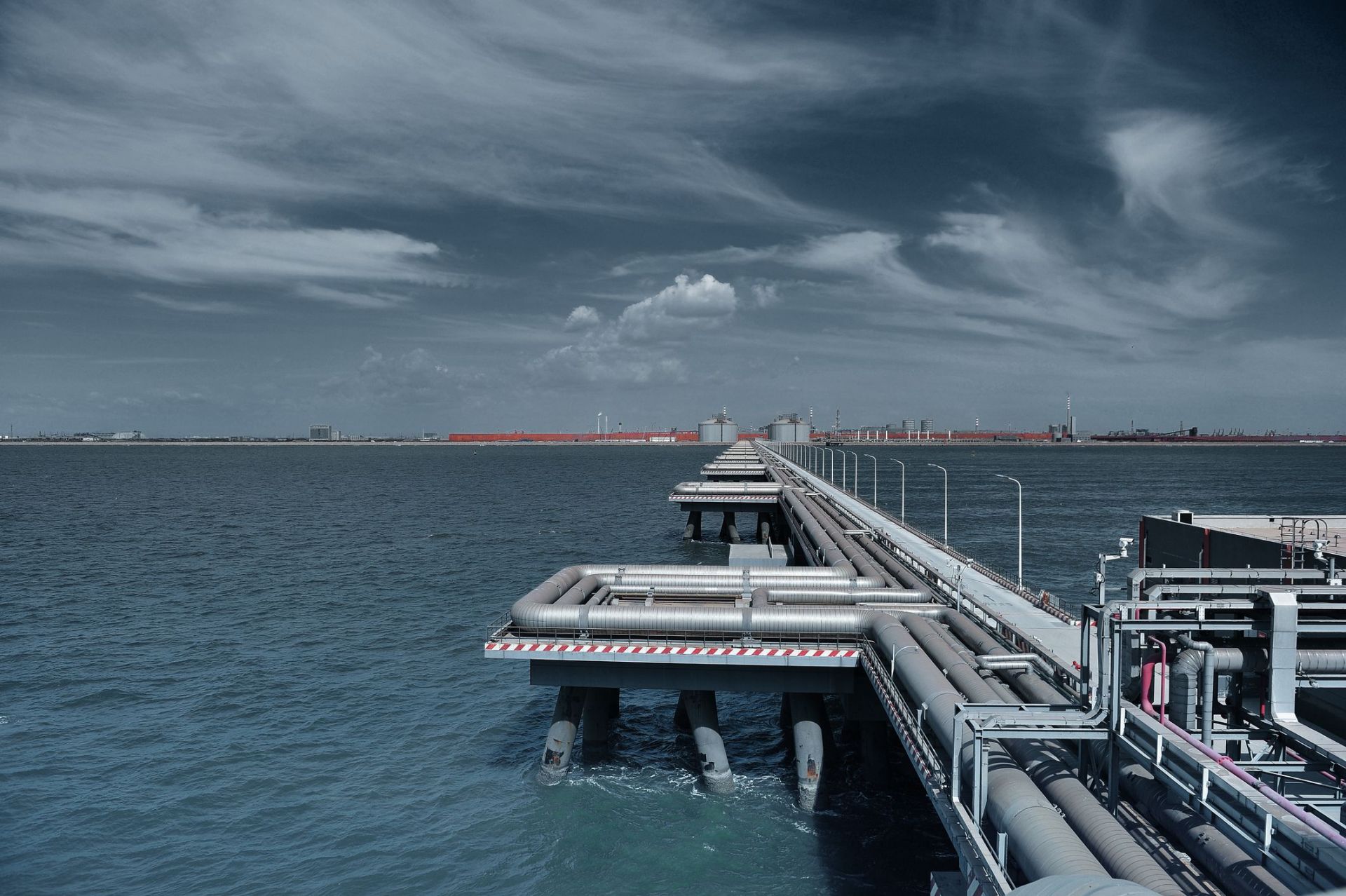
Money matters
The final motivation for industry is financial. Shipping is increasingly mandated to clean and green the fleet to the fullest extent possible, when appropriate technology is available. Failure to do so can incur severe financial penalties. In the coming years, as our capability to abate methane slip grows, those that cannot do so will be hit by the same regulations that currently cover the likes of excess carbon and sulphur emissions.
If ships are found to be generating large amounts of unburnt methane, they’ll face fines on top of the cost of implementing the right technologies to solve the problem. So those in the shipping industry have to ask themselves, do I want to be ahead of the curve or behind it? Make the wrong call today and the consequences in just a few short years, financial as well as environmental, could be dire. Some in the industry are already taking positive steps. Just this month, eight shipping titans – including Lloyd’s Register - came together to launch the Methane Abatement in Maritime Innovation Initiative, aimed at understanding the full extent of methane slip and scrutinising solutions.
We have a way to go, but by curbing methane slip through capture and abatement technology, shipping can ensure that while LNG isn’t a silver bullet, it’s not a dirty one.
New tech accelerator launched to reduce maritime methane emissions
In September 2022, a coalition of shipping leaders launched a programme to identify, accelerate and advocate technology solutions for the maritime industry to measure and manage methane emissions activity. It’s called the Methane Abatement in Maritime (MAM) Innovation Initiative, and aims to minimise the environmental impact of liquefied natural gas (LNG) in shipping, while helping the transition to future fuel solutions.
Led by Safetytech Accelerator, established by Lloyd’s Register, MAM is a technology acceleration programme whose activities will initially be supported by seven partners; Maran Gas Maritime, Mediterranean Shipping Company (MSC), Carnival Corporation & Plc, Seaspan, Shell, Lloyd’s Register and Knutsen Group. It will also draw on the expertise of academics, civil society, and other stakeholders, such as the National Physical Laboratory.
In its first year, members will seek to identify and pilot new technologies to monitor and reduce ‘methane slip’ from vessels fuelled by LNG. Once these solutions have been validated, the initiative will seek to endorse them to industry from 2023.
